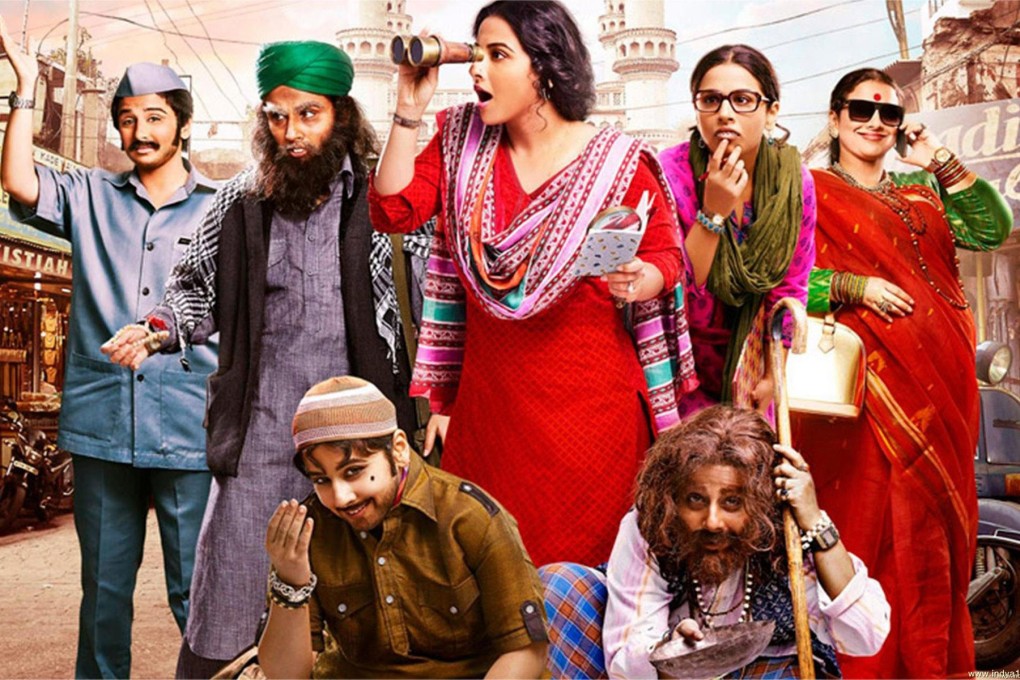
This month saw the release of former Miss Asia-Pacific turned Bollywood actress Dia Mirza's second film as a producer.
Unlike with the first film she produced, 2011's Love Breakups Zindagi, the 32-year-old Mirza doesn't star in Bobby Jasoos. Instead, Vidyan Balan has the lead role in this female-centric film about a young woman who wants to be the best detective in the city of Hyderabad.
Just two months earlier, another 32-year-old beauty queen turned actress, Priyanka Chopra, announced her intention to join Bollywood's actress-producer ranks. Madamji will see the A-list star take on the role of a dancer turned politician in front of the camera, and co-producer with the film's director, Madhur Bhandarkar, behind it.
In addition, another popular actress, 26-year-old Anushka Sharma, will see her maiden venture as producer released in September this year. As with Chopra, Sharma will star in the movie she's producing: NH10, an action thriller about a road trip that takes a bad turn.
What makes these actresses, who are in their acting prime, take to production? Popular film critic and television host Anupama Chopra points to a general trend towards a greater female presence in key positions in Bollywood in recent years.
"The success of films such as The Dirty Picture, Kahaani and Queen have spearheaded a change. Filmmakers and distributors now know that female-led films can be commercially successful," she says.
Although the likes of Queen (starring Kangana Ranaut) and English Vinglish (starring Sridevi) have had male directors and producers, the fact that these films, whose stories focus on individual women and their concerns, have found receptive audiences at home and abroad has helped make it an exciting time for women in Bollywood.